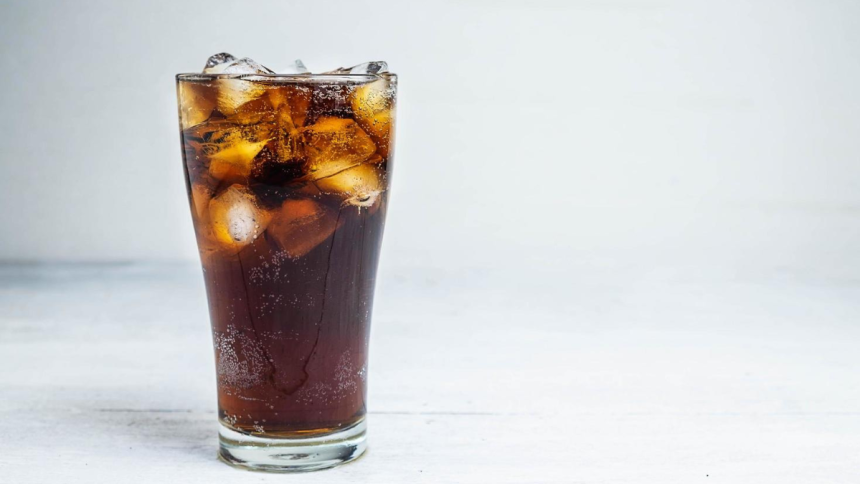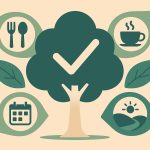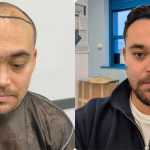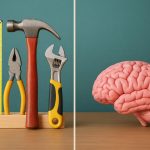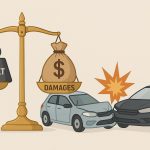America loves to drink. We drink when we’re celebrating, when we’re bored, when we’re stressed, when we’re lonely, when the game is on, when we’re cooking, when we’re cleaning, and sometimes when we’re not sure why we even started. It’s soaked into our culture so deeply that not drinking can feel like you’re breaking some invisible social contract. Alcohol has become the background music to adulthood here, and it’s no accident we’ve ended up with a national drinking problem that’s getting harder to ignore.
A Perfect Storm In A Glass
Let’s not kid ourselves—alcohol has always been around, but the pandemic didn’t help. Locked in our homes, stripped of routine, living in stretchy pants, many people found themselves pouring a second glass before dinner even hit the stove. Online wine delivery spiked. So did the memes about day drinking. It was easy, it was socially acceptable, and it took the edge off when the world felt like it was falling apart.
But the drinking didn’t stop when the world reopened. Now, it’s almost normal to joke about “mommy wine culture” while half-laughing about nightly blackouts. Men quietly pound whiskey in the garage after work, calling it “unwinding.” College kids binge harder than ever, but so do middle-aged professionals working from home. What started as a coping mechanism has quietly rolled into a collective habit that’s killing people faster than opioids now. And unlike other drugs, alcohol hides behind its legality and the romantic haze of craft cocktail culture.
The Stories We Tell Ourselves
We’re a culture built on bootstraps and bourbon ads. We like to think we’re in control of our drinking. We like to think we can stop whenever we want. But you don’t have to be a fall-down drunk to have a problem. Alcohol use disorder isn’t just that guy slurring at the bar; it’s the mom who needs a few glasses to get through bedtime, the young professional who wakes up with a dry mouth and regret every Monday, the retiree who’s lonely at 4 p.m. with a bottle.
The American drinking story is one of contradictions. We preach moderation while praising heavy drinkers for their “tolerance.” We talk about health while “wine o’clock” clocks keep ticking in the background. We downplay blackouts as funny college memories. But beneath all the jokes, there’s a darker reality of strained relationships, liver disease, car accidents, depression, and anxiety we pour over instead of treating.
People often think they’ll “know” when it’s bad enough to stop. They wait for a dramatic rock bottom moment, ignoring the quieter ones—the missed work, the stupid arguments, the fuzzy mornings, the promises made and broken, the health scares. Sometimes the bravest step is recognizing your own limits and knowing when it’s time for rehab before you end up in the hospital or lose everything that matters.
The Health Toll We Don’t Talk About
The health damage isn’t just a “later” problem. Alcohol messes with your sleep, your mood, your gut, your heart, your brain. It’s linked to cancer, high blood pressure, anxiety, and depression. And no, red wine doesn’t cancel that out. You don’t have to be a heavy drinker to see your health decline, either—consistent “moderate” drinking can still chip away at your body over time.
Here’s the thing: alcohol is normalized because it’s profitable. It’s celebrated because it’s everywhere. It’s defended because many people can drink without spiraling. But for a growing number of Americans, drinking has quietly moved from fun to dependency, from occasional to habitual, from coping to controlling. We’ve built a culture where we treat alcohol like a best friend, even when it’s stabbing us in the back.
Recovery Looks Different Now
The good news is, people are starting to wake up. Sober curiosity is on the rise. Younger generations are drinking less, seeing through the marketing, and recognizing how much alcohol affects their mental health. People are testing out dry months and finding they sleep better, think clearer, and feel less anxious without the booze.
But for those who need help getting off the ride, recovery has evolved. It’s not just dusty church basements or harsh institutional settings anymore. It can look like an alcohol rehab in San Antonio, 12-step in Boston or group therapy in Richmond—real places with real people who get what you’re going through and don’t judge you for getting stuck. Online support, medical detox, therapy, and lifestyle coaching are making recovery more accessible and less intimidating, helping people reclaim their lives before it’s too late.
Drinking Culture Won’t Change Until We Do
Alcohol isn’t going anywhere, and neither is the culture around it. But that doesn’t mean you have to keep up with it. It’s okay to say no, to pause, to question why you’re reaching for that drink in the first place. It’s okay to decide that alcohol isn’t serving you, even if everyone around you thinks it’s “just a drink.”
For many, the hardest part isn’t stopping—it’s facing the fear of what life will look like without alcohol to smooth the edges. But those who step into sobriety often find the world gets sharper, yes, but also brighter. Relationships get real, mornings get easier, self-respect grows back. It’s not about never having fun again. It’s about having a life you don’t need to escape from every night.
A Better Ending
America’s alcohol problem isn’t about moral failing or lack of willpower. It’s about a culture that has quietly built itself around a substance that’s easy to abuse and hard to quit. It’s about companies making billions while telling us it’s normal to drink through grief, boredom, stress, and celebration. And it’s about each person deciding when they’re done letting alcohol run the show.
If you’re tired of waking up with regrets, tired of pretending it’s fine, tired of being controlled by something you can buy at any gas station, know that you’re not alone. Know that change is possible. Know that there are people ready to help you build a life that feels worth living, sober or not, but clear-eyed and honest either way.
And maybe, just maybe, we’ll start building a culture where that’s something to celebrate.
Lynn Martelli is an editor at Readability. She received her MFA in Creative Writing from Antioch University and has worked as an editor for over 10 years. Lynn has edited a wide variety of books, including fiction, non-fiction, memoirs, and more. In her free time, Lynn enjoys reading, writing, and spending time with her family and friends.


